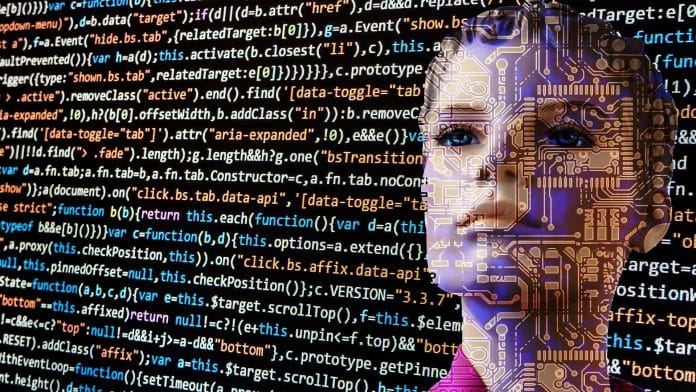New Delhi: The Department of Science & Technology (DST), IT ministry and Niti Aayog are testing out how artificial intelligence (AI) can be used in the services provided to people.
The government’s efforts were highlighted in a 16 March response to an unstarred question in Rajya Sabha asked by Trinamool Congress MP from West Bengal Manas Ranjan Bhunia.
Bhunia had asked if there was research being done by the government in the field of AI, especially relating to provision of government services, and the details of such efforts.
In response, Dr Harsh Vardhan, Union minister in charge of health, science and technology, and earth science ministries shared details of the government’s research.
Also read: Smartphones made us dumber, but good AI technology can fix that
DST
The Department of Science & Technology has set up a Technology Innovation Hub (TIH) on AI at the Indian Institute of Technology (IIT) in Kharagpur. The objective is to conduct research, translation and technology development, especially in how to provide government services, the minister said.
IT ministry
There are eight IT ministry initiatives for researching AI applications in government services.
These include automated speech recognition in English, Hindi, Tamil. Text-to-speech synthesis for conversational speech in Indian languages is also being researched.
Indian language to Indian language translation using AI is also being tested.
The ministry is also developing an ‘English-Marathi-English Machine Translation System’.
The initiatives also research into a Bilingual Optical Character Recognition. Optical Character Recognition means the electronic scanning and identification of handwritten or printed text, and its subsequent conversion into text can be edited by a computer according to Collins dictionary.
The IT ministry is also researching sensor-based prosthetic hands, pesticide and fertiliser spray system using drones, and an AI-based recommendation engine for the government’s e-marketplace.
Dr Harsh Vardhan’s response also mentioned that under the IT ministry’s Visvesvaraya PhD Scheme, over 80 research scholars are conducting research on AI and related fields.
Also read: Bollywood ‘biases’ presented by Carnegie Mellon’s AI tool: Upper caste Hindu doctors & no NE
Niti Aayog
Niti Aayog has three pilot projects in the works that use AI to provide government services.
These include a “Clinical Decision Support System Project in the aspirational district of Bahraich”, according to the minister’s response. The system aims to get frontline health workers to use digital methods to issue advisories to pregnant mothers and children, and to avoid the use of “physical registries which can be error prone and time consuming”.
The AI-based system also aims to allow these health workers to move away from being just “mere agents of implementation into intermediate care-givers”.
Another Niti Aayog pilot is an AI-enabled Diabetic Retinopathy Detection System using retinal scans. The pilot is being conducted in the district of Moga and in Mohali. Automating retinopathy detection will lessen burden on health systems and ophthalmologists as it can be used for mass screening in under-served areas, the government’s response noted.
Retinopathy is when the retina part of the eye is damaged.
In addition, Niti Aayog is testing out smartphone solutions to detect low birth weight in babies. The pilot project is being conducted in the districts of Baran in Rajasthan and Balrampur in Uttar Pradesh.
Also read: Modi govt using artificial intelligence to improve quality, speed of economic data, fix gaps






